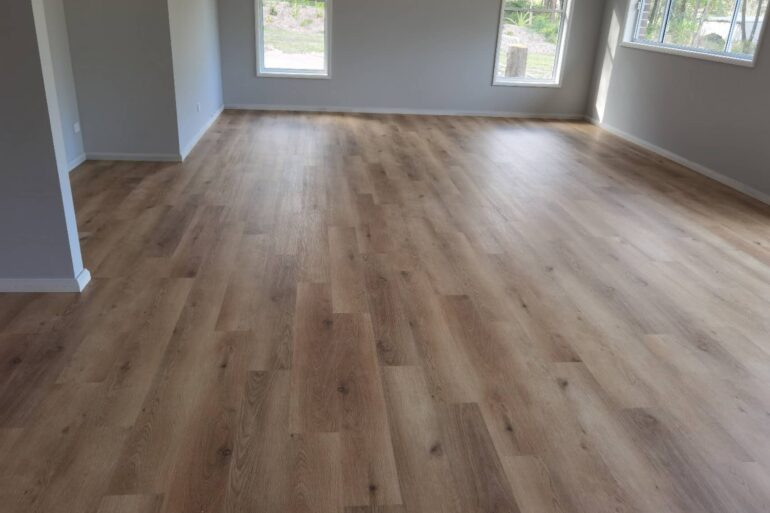
Healthy indoor environments are essential in today’s fast-paced world, where most people spend time indoors. In this scenario, interior flooring seems to be the most overlooked housekeeping or working concern. Most of a space’s appearance depends on its flooring, which can also alter indoor air quality and cause allergies. AJ Prince Flooring in Sydney, Australia, knows that majority of its customers are doing residential floor services. We will explain the relationship between flooring and allergens and offer tips on choosing the best flooring to improve indoor air quality and home wellness in this post.
Understanding Allergies and Indoor Air Quality
Allergies are global health issues well-known for symptoms that range from sneezing, unrestrained sneezing to more severe respiratory reactions. Indoor air quality is one of the factor that could trigger the allergy and allergens like from some flooring materials, they can make it even worse. Mites, mold, pet dander and other allergenic particles can easily be harbored in carpets, rugs and even the pores of some hardwood floors, making air inhalation irritating and allergic.
The Impact of Flooring on Indoor Air Quality
Flooring material, in any given workspace, plays a very crucial role on the level of air pollution. As for carpets, particularly, they are usually the best dust catchers together with other allergens, like pet dander, which makes them quite hard to clean completely. Moreover, carpets can lead to mold and fungus development that causes molds and mildews and greatly affect the allergic symptoms. On the other hand, the other flooring options which are easy to clean and less likely to accumulate allergens like hardwood, laminate, tile and vinyl.
Choosing Allergy-Friendly Flooring
Your home/office flooring should be allergy-free and improve indoor air quality. Some things to consider:
Hardwood Flooring: Choose a stone type of hardwood with a sleek finish, it is because the bumpy surfaces keep dust and allergens. Film the wood carefully to repel the water and stop mold formation.
Laminate Flooring: Similar to wood plank, laminated flooring is easy to maintain and has a better moisture resistance index. Maintain low laminate flooring VOC levels to reduce off-gassing and clean the space.
Tile Flooring: Strength and moisture resistance are exceptional in tiles. They are good for allergy sufferers. Choose ceramic or porcelain glazed tiles since they are durable and easy to clean.
Vinyl Flooring: Vinyl flooring is moisture-resistant and comes in many styles, making it suitable for kitchens and bathrooms. Choose low-VOC vinyl flooring like luxury vinyl plank (LVP) or LVT for naturally-looking wood, tile, and stones without allergens.
Conclusion
Our belief at AJ Prince Flooring is that everyone deserves clean indoor air, free of allergens and contaminants. Smart flooring choices and air quality improvements may help your family relax and feel comfortable. Whether you choose solid hardwood, laminate, tile, vinyl, or another cost-effective design, we have several hypoallergenic flooring options to suit your taste and style. Visit our product selection today to start a healthy room atmosphere.